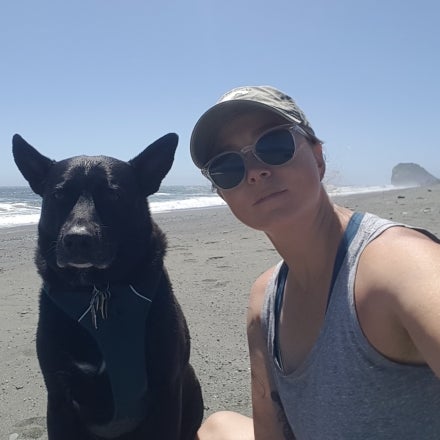Monica Morrison

I am an interdisciplinary researcher at the National Center for Atmospheric Research in the Climate and Global Dynamics Laboratory. I primarily work on an NSF Growing Convergence Research project focused on designing scenarios of combined climate interventions for application to Earth System models to better understand the efficacy and safety of these responses to the climate crisis.
My key expertise is in the philosophy of climate science (epistemology and ethics)—mainly scientific representations and models, model and knowledge integration and translation, and value management in scientific practice. My additional expertise is in climate science, physical geography, sociology of science, and climate justice.
I received my PhD in Philosophy from Indiana University under the guidance of Elisabeth A. Lloyd, PhD. My graduate research specialized in the philosophy of climate science, with secondary studies in environmental science and physical geography. For my doctoral thesis, I studied how the social context of climate model development impacts the way decisions are made about what and how to represent features (phenomena) of the model's complex target system.
In my postdoc, I studied actionable science in the context of climate modeling—particularly how we can evaluate, and possibly enhance, the usefulness and usability of climate models for societal purposes (adaptation, resilience, vulnerability studies). I continue to research the logic and practice of actionable science, identifying the criteria that make scientific products useful and usable by stakeholder communities, and the different processes for responsible (i.e., ethical) co-development in climate modeling that can aid in the satisfaction of these criteria.
My secondary interest is convergence research in climate science and geosciences more generally. I am particularly interested in the different dimensions of scientific convergence—specifically how to implement mechanisms and processes that can facilitate deep integration across traditionally disparate perspectives and research communities at institutions such as NCAR.